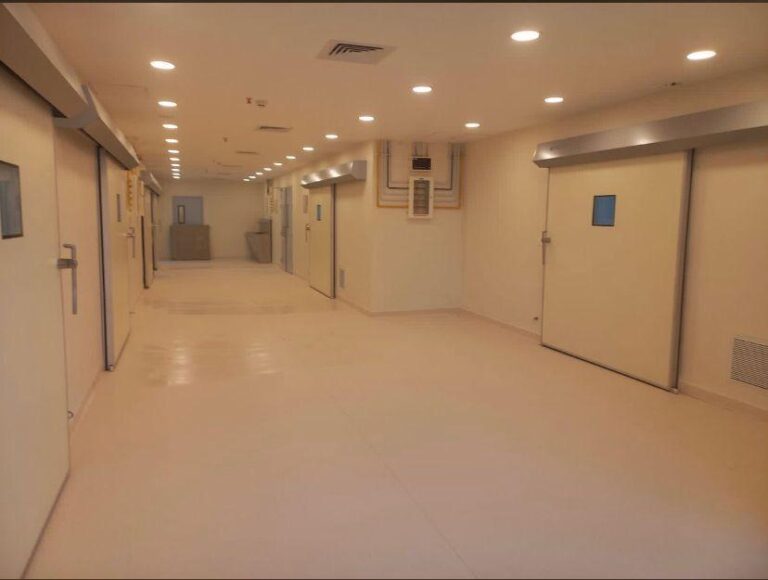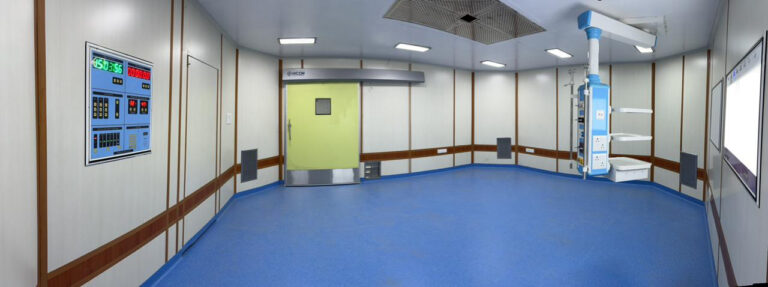Efficiency, cleanliness and safety are top priorities in hospitals and clinics. One way to enhance all of these aspects is to install medical sliding doors. These specialized portals are designed to meet the specific needs of healthcare facilities, offering a wide range of benefits that contribute to a positive patient and staff experience.
Some of the major advantages of medical sliding doors for healthcare applications include:
1. Improved Hygiene and Infection Control
Controlling the spread of diseases in health care settings is critical. Sliding medical doors provide a touch-free approach, often automated by sensors, reducing the need for physical intervention. This reduces the chances of contamination by including the door handle or surface, and helps maintain strict cleanliness standards.
2. Easily Accessible
Sliding medical doors provide wide opening without obstruction, making it easy for patients, staff, and equipment to move freely through hallways and rooms Patient mobility in wheelchairs, scooters and medical carts smooth, seamless flow in high-traffic areas such as emergency rooms and operating rooms -Ensure flow.
3. Space-Saving Design
Unlike traditional rectangular doors that open and require extra space, medical sliding doors slide along the wall, freeing up valuable floor space This is especially important with every inch of healthcare systems in the need. By installing sliding doors, healthcare facilities can optimize the use of space and improve efficiency.
4. Noise Reduction
Calmness is important to keep patients comfortable and healthcare professionals focused. Therapeutic sliding doors are designed with noise cancellations to help create a calm and serene environment. This improves patient outcomes and creates a more focused environment for physicians.
5. Enhanced Security
Safety is a major concern in hospitals and clinics. Medical sliding doors can be equipped with sensors to prevent accidental locking of persons or objects, reducing the risk of injury. In addition, these doors are generally made of high-quality materials that meet stringent safety standards, providing durability and long-term use in harsh environments.
6. Compliance with Health Standards
Medical sliding doors are typically designed to meet specific health codes and standards, including fire safety, sanitation, and emergency access This ensures if hospitals and clinics meet legal requirements on importance and provides a safe, controlled environment for patients and staff.
7. Energy Efficiency
Hospitals and clinics operate long hours, resulting in high energy consumption. Medical sliding doors close automatically to help maintain a controlled environment, reducing the time the doors are left open. This prevents hot or cold air from escaping, helping to save energy and reduce environmental impact.
Conclusion
Installing sliding medical doors in hospitals and clinics offers many benefits, from improving cleanliness and safety to increased mobility and space storage By choosing the right doors that meet healthcare standards is, spaces can provide a better experience for patients and staff while maintaining productivity.
HIKOM International LLP offers high-quality medical sliding doors designed to meet the specific requirements of the healthcare industry, ensuring efficiency and safety.


